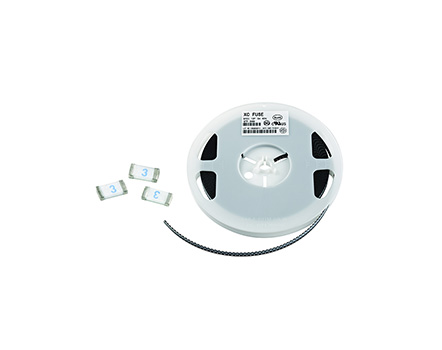
A fuse is a wire made of lead antimony alloy with a lower melting point and a lower resistivity. The more voltage constant resistance can be compared, the more it can detect micro current resistance that exceeds the working range. A high current is required to fuse the resistance, which can burn out the electrical appliance and prevent it from melting. Some principles use the current thermal effect fuse to control the current flow and allow the current to flow. According to the formula Q=IRT, the resistance produces more heat and is easier to fuse for safety and protection. It has a certain relationship with Joule's law, but things in life are not so simple. Fuses cannot be too large or small. If they are too large, they can easily burn down household wires and even cause fires. If they are too small, they can easily fuse and cause unnecessary trouble.
A fuse can directly see the principle of a wire. The rated current of a fuse is the same as that of a wire. Even if it can be seen as a wire, the more conductive the cross-sectional area of the wire, the more current the fuse has. The same standard fuse has a resistance of 0.023 ohms, and the same cross-sectional area of the wire has the same current and voltage in front of the wire. The temperature of the fuse is higher than that of the wire with the same cross-sectional area and voltage, and the current fuse has the same voltage When the current is lower than the wire and the voltage is ignored, and the current is only 2.3% of the fuse withstand current, the fuse is equivalent to the wire. For example, when the rated voltage is 12v1A, the fuse is used to discharge a 380V circuit and the circuit current is only 20mA. When the fuse is used to simulate the wire, the fuse is connected in parallel with the bulb. If the current is lower than the rated current of the fuse, the bulb will only have a weak voltage, and if the current (similar to a short circuit) exceeds the rated current of the fuse.
Read recommendations:
130V 1.1A plug-in self recovery fuse model and specifications.autozone fuse tap
Working principle of self recovery safety tube.littelfuse smd fuse